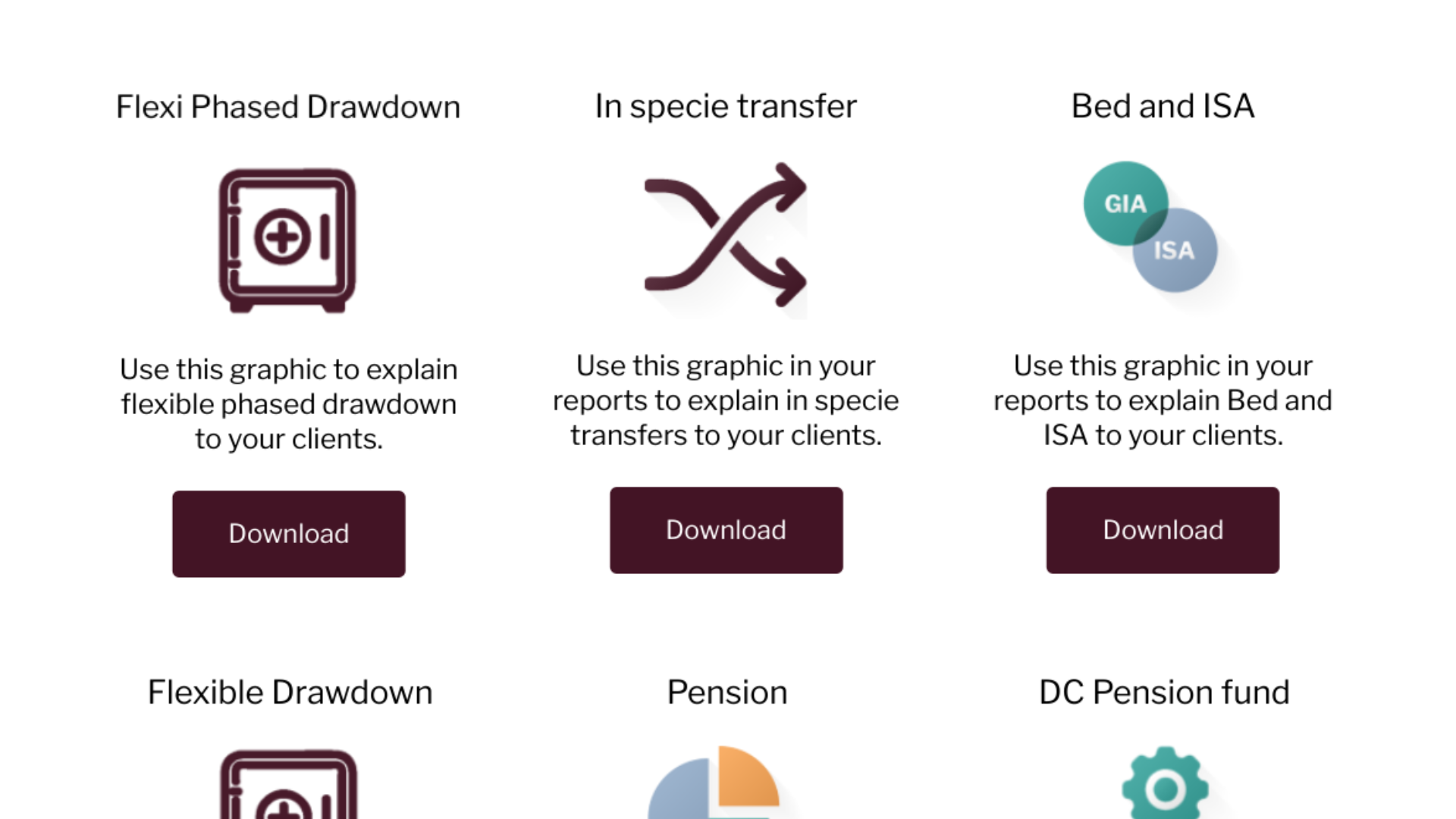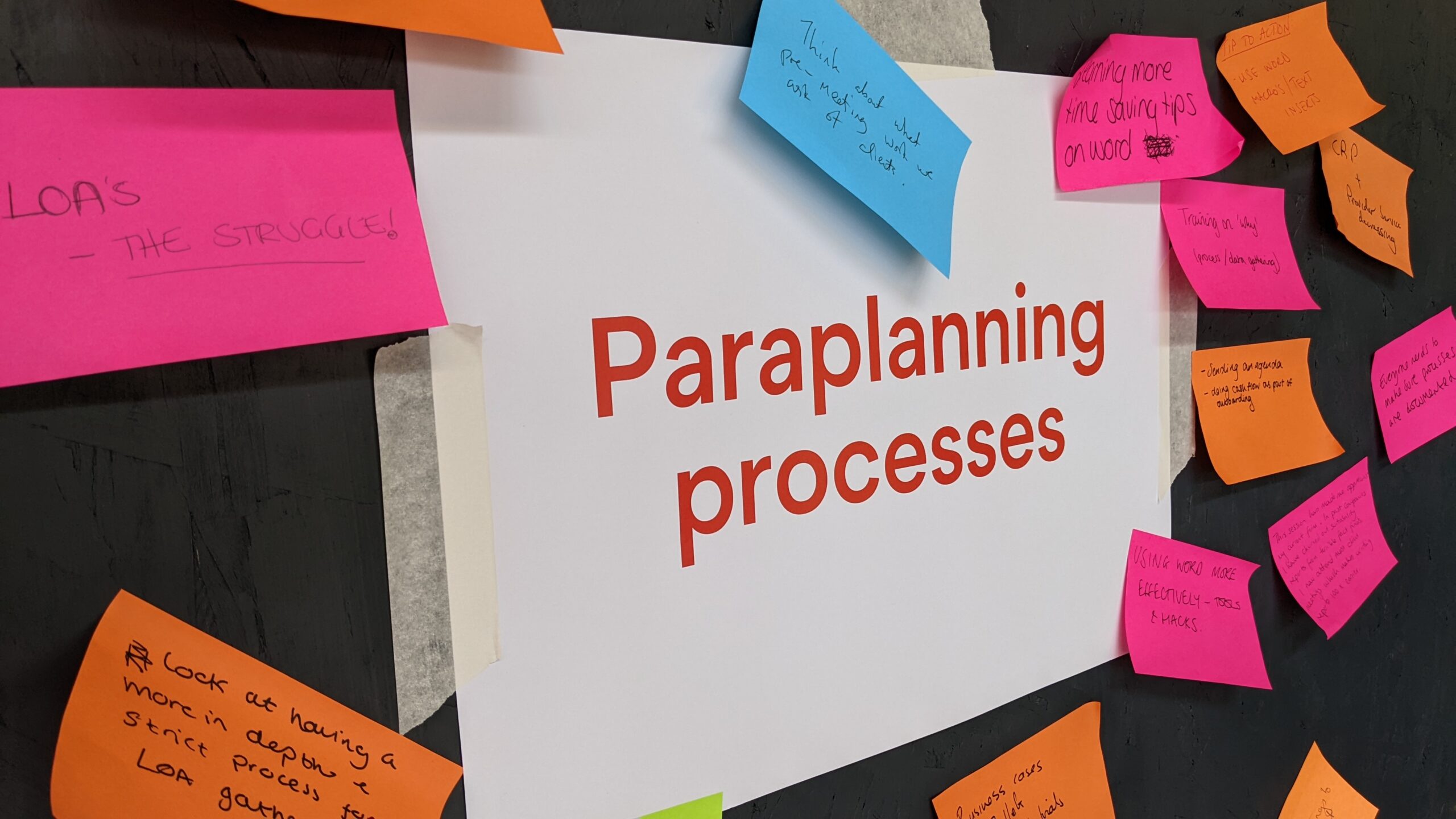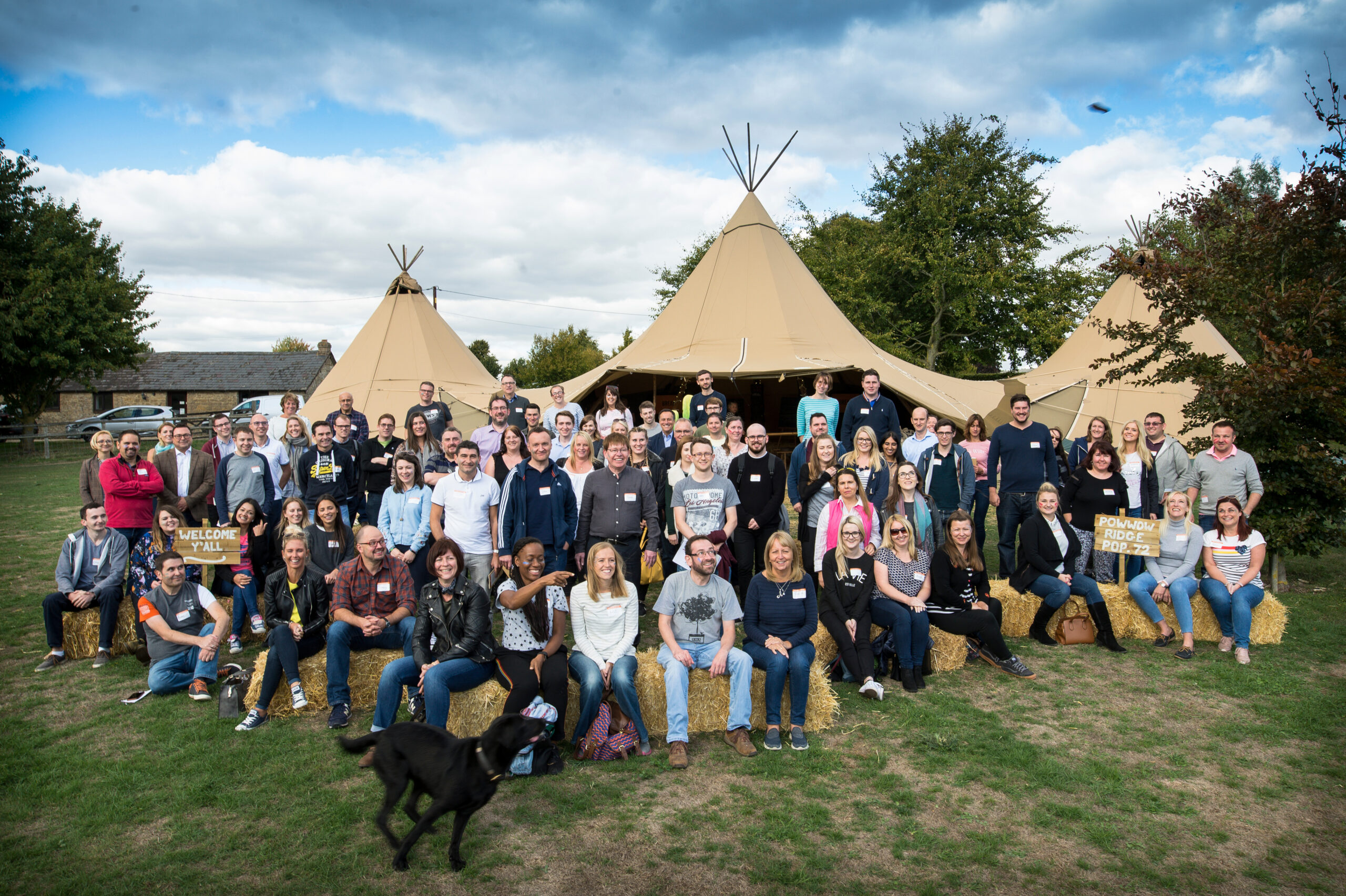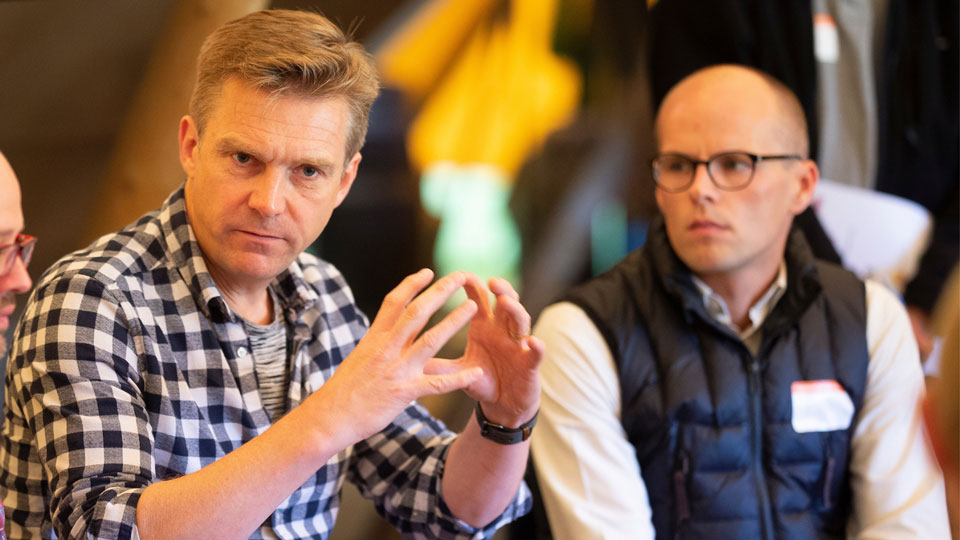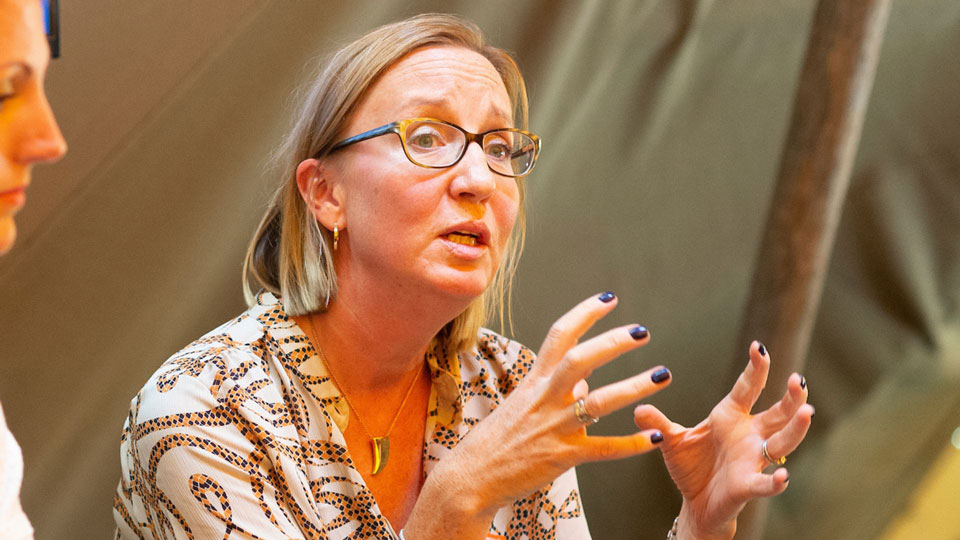By Rachael Hurdman – Business Coach and consultant, Founder of Arch Inspire
Further to the July Howwow on building and managing paraplanner teams, here is a summary of the key themes we discussed, which I thought would be helpful for you all.
The purpose of paraplanning in your business…
- As a Paraplanning Manager it’s crucial that you can articulate to clients and your business the value that paraplanning specifically brings. This will also help team members understand how they contribute to the overall purpose of the team
- As a manger define and share how you can best add value to your team and the wider business – be clear on your core strengths and where/how you can make the difference. This will support team members to understand how they can best work with you. This needs to be two-way so ensure you spend time with team members to explore the value they add and where/how they feel they can make the difference
- Define, document and share the purpose of paraplanning together as a team and share this throughout the business – the outputs should also inform key messaging to clients about the client experience and how paraplanning will specifically touch and benefit clients
The Player/Manager dynamic
- If you have defined and shared how you can best add value as a Paraplanning Manager, this will support you to start to define the balance between managing/leading/client delivery – this will change and evolve over time but accept that it will be difficult to carry on doing everything you did before you became a manager and be open to the change ahead
- Embrace and enjoy that a core part of your role is to develop and coach others to be able to deliver exceptionally well for clients. Many managers and leaders enjoy this aspect more and more as they develop their skills. It also empowers team members when you can show you trust them to deliver and work with clients you once looked after
- Keep your hand in and be prepared to still ‘do the doing’ – whilst the amount of client work you do may reduce, work hard to keep your knowledge fresh so you can practice what you preach and support the team. Be honest if you feel someone else in the team would be better placed to take on a specific piece of work due to their technical knowledge or skill – you can still support them in a mentoring capacity
- Be receptive to feedback as a manger and leader, you can and will learn a huge amount from your team members – people respect those that willingly ask for feedback on their own performance and act on it regardless of the position they hold.
Assert yourself and the team
- Refer and feel free to use the contracting template to support and develop new and existing relationships both within your direct team and across the business
- Get your contracting clear at the outset in-order to control resources and workflow and re-visit the contracts you have in place regularly – remember great contracting is two-way and definitely not a list of demands flowing one way
- Invest time with your team to develop their contracting skills – mentor and coach them in this area and review examples where it has gone well/not so well to build on the skills continually
- Assume your position as both a Paraplanning Manager and a Paraplanner – respect your role and the value you bring in the same way, you value other roles within your business
- As a manager ensure you are clear on the level of autonomy you have to make decisions/enforce changes – work closely with your own manager to ensure that you are backed 100% when you have to push back or make the tricky calls
Communication, Communication, Communication
- Speak regularly with team members and meet whenever possible (if face to face isn’t possible use technology to see each other)!
- Consider a weekly success/learns/concerns session
a) Successes – capture and what what’s gone well and the resulting impacts
b) Learns – ensure all team members are sharing learns to support each other and work as effectively and collaboratively as possible
c) Concerns – ensure there is open dialogue where people feel comfortable to share concerns/issues to get support and help from the team (this doesn’t happen enough in businesses and can result in conflict, tension and stress if things are left unsaid for too long). Encourage and promote a culture where concerns and problems are shared openly
- Never, ever presume anything and distil this message across your team – it’s one of the root causes of poor communication – always ask and never guess
- Pick up the phone more and speak to each other (avoid jumping to e-mail straight away particularly where one phone call could avoid 20 e-mails)
- Avoid lengthy e-mail chains and ask yourself would it be better to speak to the person – if the answer is yes then speak to them and send a follow up e-mail as a record if required
- Keep close to your team – continually ask your team members how they are feeling and thinking about their work load (before/during/after hot spot periods)
- Take care not to always gravitate to the ‘go to people’ – ensure work is shared across the team, to empower others to step up and avoid key man dependency on those that always will step up. Create a culture of one team with shared responsibility.
You can find out more about how Rachael and Arch inspire supports businesses, teams and individuals by visiting www.archinspire.co.uk and connecting with Rachael on Linkedin.











